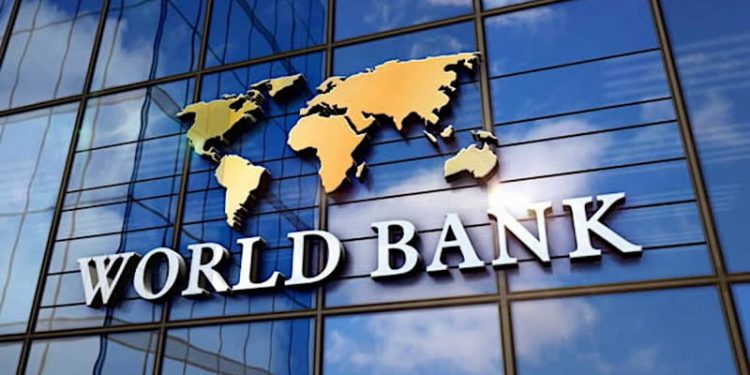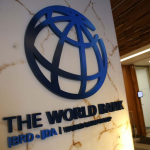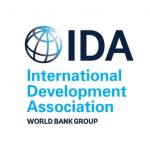The World Bank has disbursed a $1.5 billion loan to Nigeria in support of the Reforms for Economic Stabilization to Enable Transformation (RESET) initiative, less than six months after its approval. The loan was granted following Nigeria’s implementation of critical reforms, including the removal of fuel subsidies and the adoption of comprehensive tax policies.
Approved on June 13, 2024, the loan was released in two tranches: a $750 million credit facility under the International Development Association (IDA) with a 12-year maturity and six-year grace period, and a $750 million loan under the International Bank for Reconstruction and Development (IBRD) with a 24-year maturity and 11-year grace period. The first tranche was disbursed on July 2, 2024, while the second followed in November 2024.
The World Bank praised Nigeria’s swift implementation of reforms, particularly the full deregulation of the fuel market, which ended implicit subsidies and allowed petrol prices to align with international market rates and exchange rates. Although the deregulation, which began in mid-2023, led to a significant increase in fuel prices, it demonstrated fiscal discipline and exceeded the conditions set by the World Bank.
In a statement, the World Bank acknowledged Nigeria’s commitment to its reform agenda, noting, “Effective October 2024, the price of PMS (petrol) has been determined by the international market and the exchange rate set by the Central Bank of Nigeria.”
This loan comes alongside the Accelerating Resource Mobilization Reforms (ARMOR) project, under which the World Bank has disbursed $1.88 million of a $750 million loan to further support Nigeria’s economic transformation efforts.
While the reforms have drawn praise for addressing fiscal challenges, they have also sparked criticism due to the rising cost of living. The World Bank’s swift disbursement underscores confidence in Nigeria’s ability to implement policies aimed at economic stabilization and sustainable growth.










